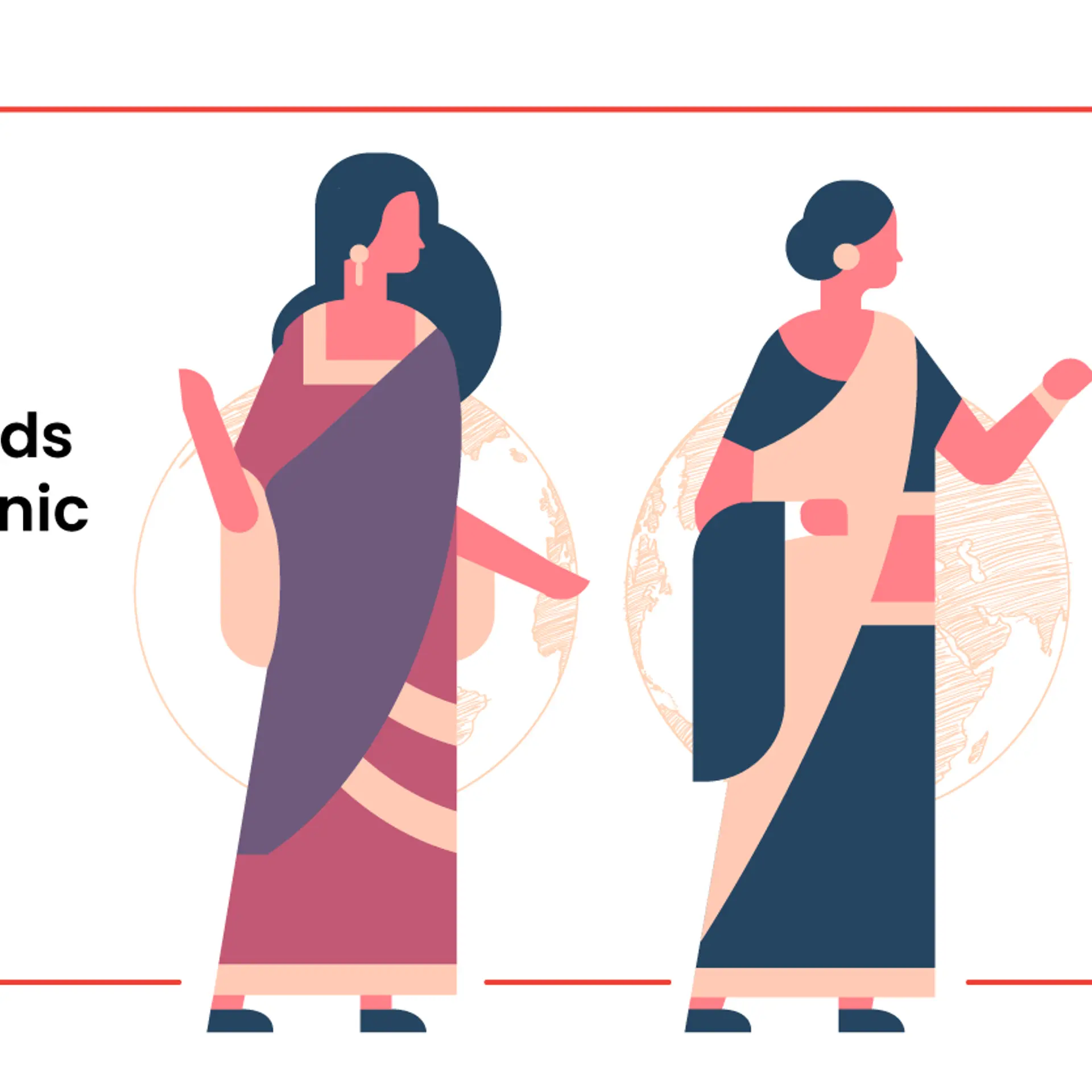This Friendship Day, read how these close friends launched and built businesses together
This International Friendship Day, SMBStory celebrates friendship by bringing you stories of business founders who partnered with their close friends to start and scale their businesses.
Finding a suitable co-founder is never an easy task – especially one who understands the founder’s working style, skills, and habits.
Luckily, some founders in India find suitable co-founders among their close friends, and this brings a level of trust and familiarity during brainstorming, taking important business decisions, and scaling the business together.
This International Friendship Day, SMBStory celebrates friendship by bringing you such stories of business founders who partnered with their close friends to start and scale their businesses:
Rossari Biotech
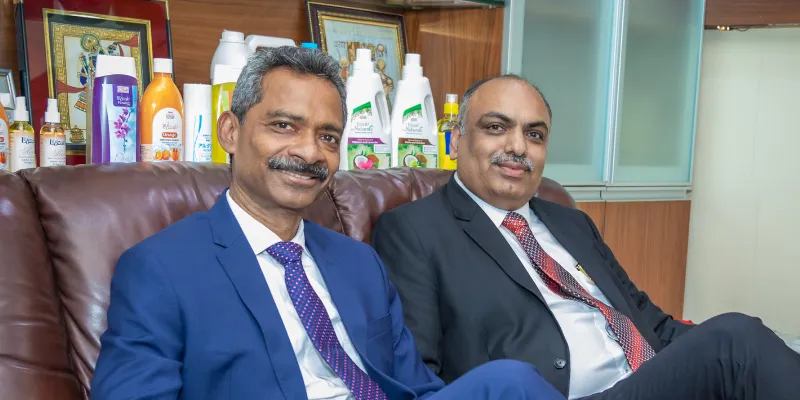
Rossari Biotech cofounders Edward Walter Menezes (left) and Sunil Srinivasan Chari (right)
Friends Sunil Srinivasan Chari and Edward Walter Menezes worked together in textile processing, dyestuff, and speciality chemicals industries for many years, and so it was natural for them to start their own business in the same sector.
The budding entrepreneurs wanted to start a firm to supply Indian speciality chemicals that met the needs of local industries. The seeds of the idea were sown back in 1997, and the duo formally incorporated the business in 2003 under the name Rossari Biotech.
Since then, the friends-turned-co-founders have built Rossari into a large, made-in-India speciality chemicals manufacturer. The founders claim the BSE and NSE-listed Rossari clocked Rs 600 crore revenue in FY20, and is now one of India’s leading speciality chemicals manufacturers.
Mush Textile
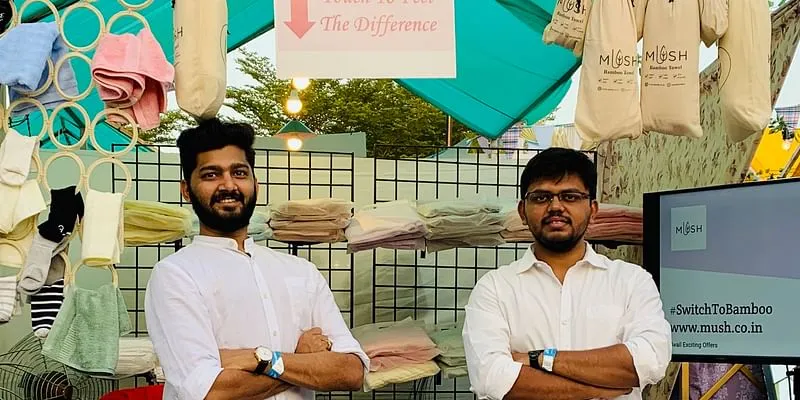
Mush cofounders Ayush Agarwal (left) and Nihar Gosalia (right)
For many years, engineering batchmates and close friends Ayush Agarwal and Nihar Gosalia used to discuss potential business ideas with each other.
Nihar, who came from a family background in B2B textiles, found that bamboo fabric was a relatively new concept in the Indian market. Ayush, who was familiar with how ecommerce sellers grow on Amazon, felt bamboo fabric could work well on online D2C channels.
“In 2018, we quit our jobs to start Mush Textile in Ahmedabad and bring to life our vision for products made from bamboo fabric. We sell bath towels, face towels, bath sets, and socks made from bamboo fabric on Amazon, Flipkart, Myntra, Tata Cliq, etc,” Ayush says.
“Last FY, we clocked Rs 4 crore revenue, and in the last 12 months, we recorded Rs 7 crore. This year, we aim to reach Rs 12 crore.”
Skin Elements
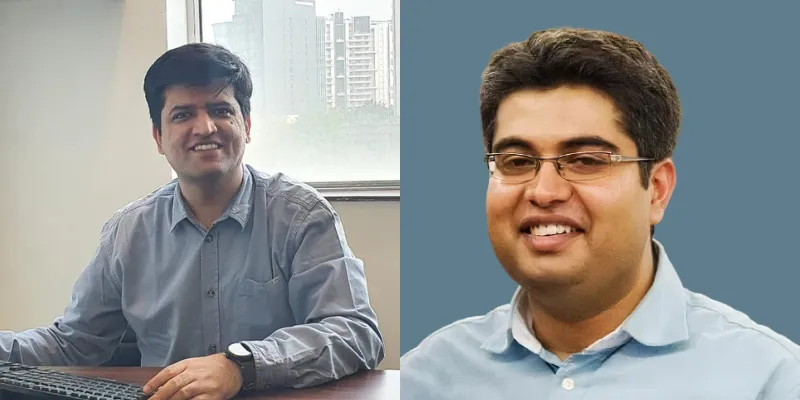
Raghav Sood and Sarthak Taneja, Co-founders, Skin Elements
Amidst growing awareness and popularity of personal hygiene products, childhood friends Sarthak Taneja and Raghav Sood launched Skin Elements in 2017, with a niche product – a foaming, intimate wash for men.
“When we decided to enter into the beauty and hygiene space, D2C was booming. However, we realised there were fewer options in the personal hygiene industry, and even within that, there were almost no options in the men’s hygiene products. That’s when we found our market to hit,” Sarthak says.
The friends invested Rs 10 lakh from their savings, and started Skin Elements out of Parwanoo in Himachal Pradesh.
Despite competition from other growing personal hygiene brands, the founders claim Skin Elements has gained over one lakh customers in India, the US, Malaysia, and the UK. In FY21, the company clocked a turnover of Rs 7.5 crore, they say.
Greensole

Shreyans Bhandari and Ramesh Dhami, cofounders, Greensole
Athletes and friends Shreyans Bhandari and Ramesh Dhami observed that their shoes would often wear out and go to waste. During their usual runs at Mumbai’s Priyadarshani park, the duo got thinking about the unaddressed problem of worn-out shoes going to waste each year.
The friends wondered if there was an alternate use for these shoes, and hit upon the idea of recycling them.
To make shoe disposal more sustainable and eco-friendly, Shreyans and Ramesh started Greensole in 2015 with a capital of Rs 10 lakh to recycle old pairs of shoes for corporates.
Greensole now operates under two entities – B2B and retail, selling recycled shoes to corporates for their CSR initiatives and vegan footwear directly to customers, respectively. The brand clocked a turnover of Rs 3 crore in FY 2019-20, say the founders.
MTAR Technologies
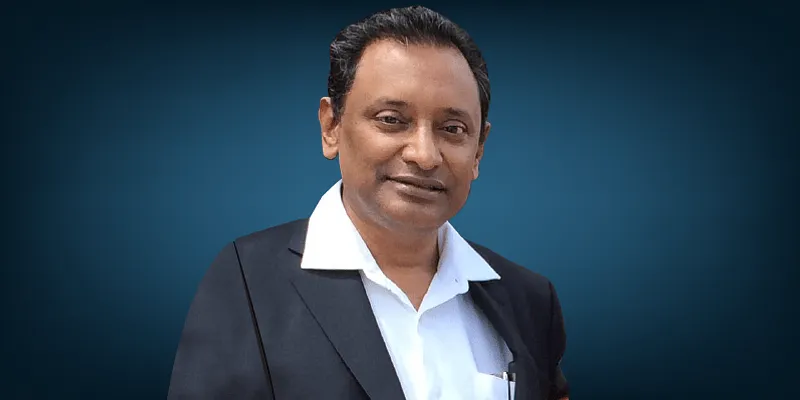
P Srinivas Reddy
Back in 1970, friends and technocrats P Ravindra Reddy and the late K Satyanarayana Reddy came together to set the foundation for precision engineering company MTAR Technologies.
As their first project, the friends started making coolant channel assemblies for nuclear reactor cores, as sought by the Department of Atomic Energy at that time.
They started MTAR with just four machines at a small workshop in Hyderabad. Since successfully executing the first project, their firm has since extended its vision to indigenise manufacturing for nuclear, defence, and space sectors.
“Today, we have over 400 machines, including 160-plus CNC (computer numerical control) machines spread across seven units,” says P Srinivas Reddy, Managing Director and Ravindra Reddy’s son. “In FY 2020, our revenue from operations was Rs 213.8 crore. Our order book size was Rs 345 crore, and our gross profits were 66.2 percent.”
Edited by Kanishk Singh



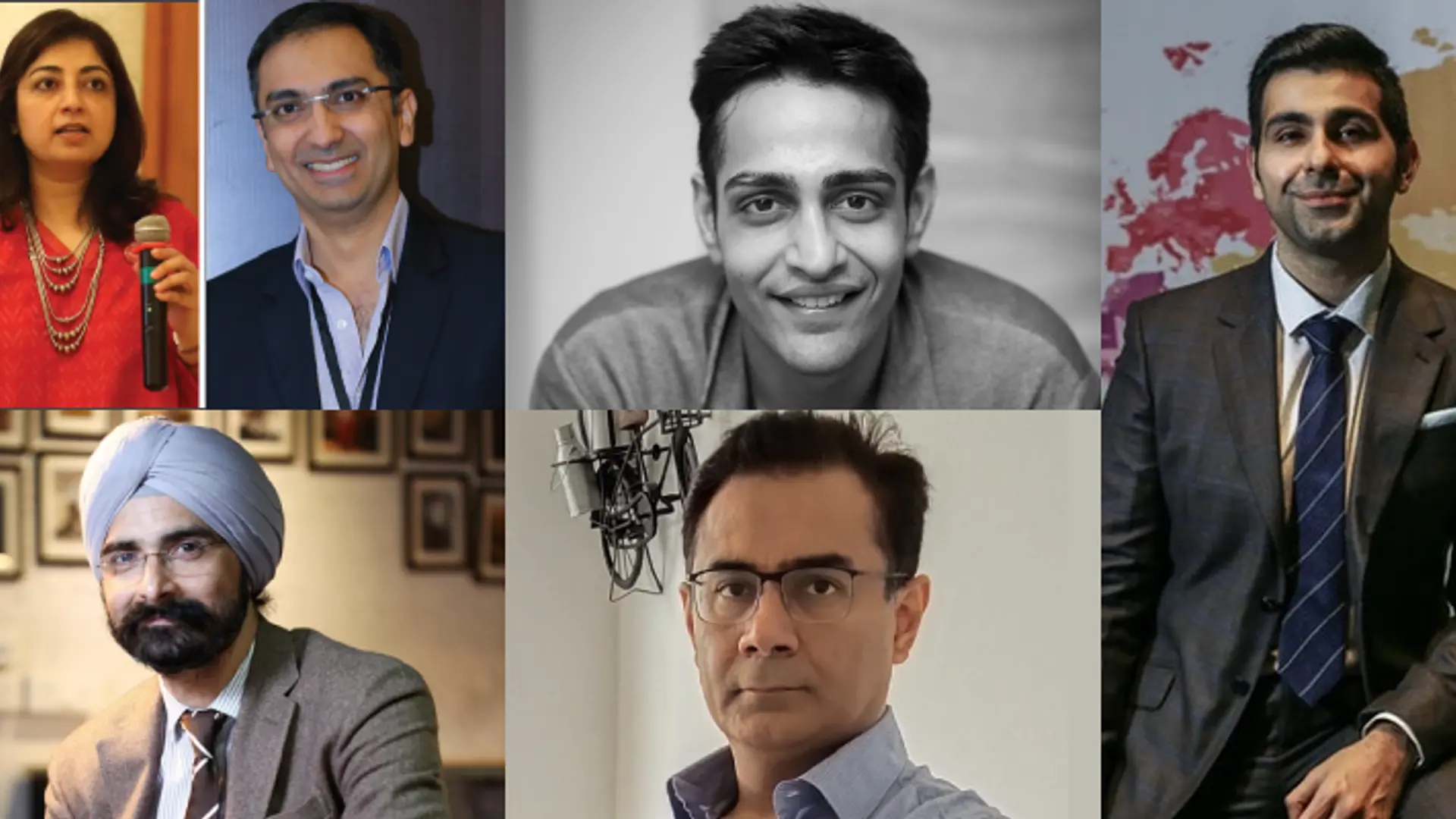
1553256833936.png?mode=crop&crop=faces&ar=1%3A1&format=auto&w=1920&q=75)


